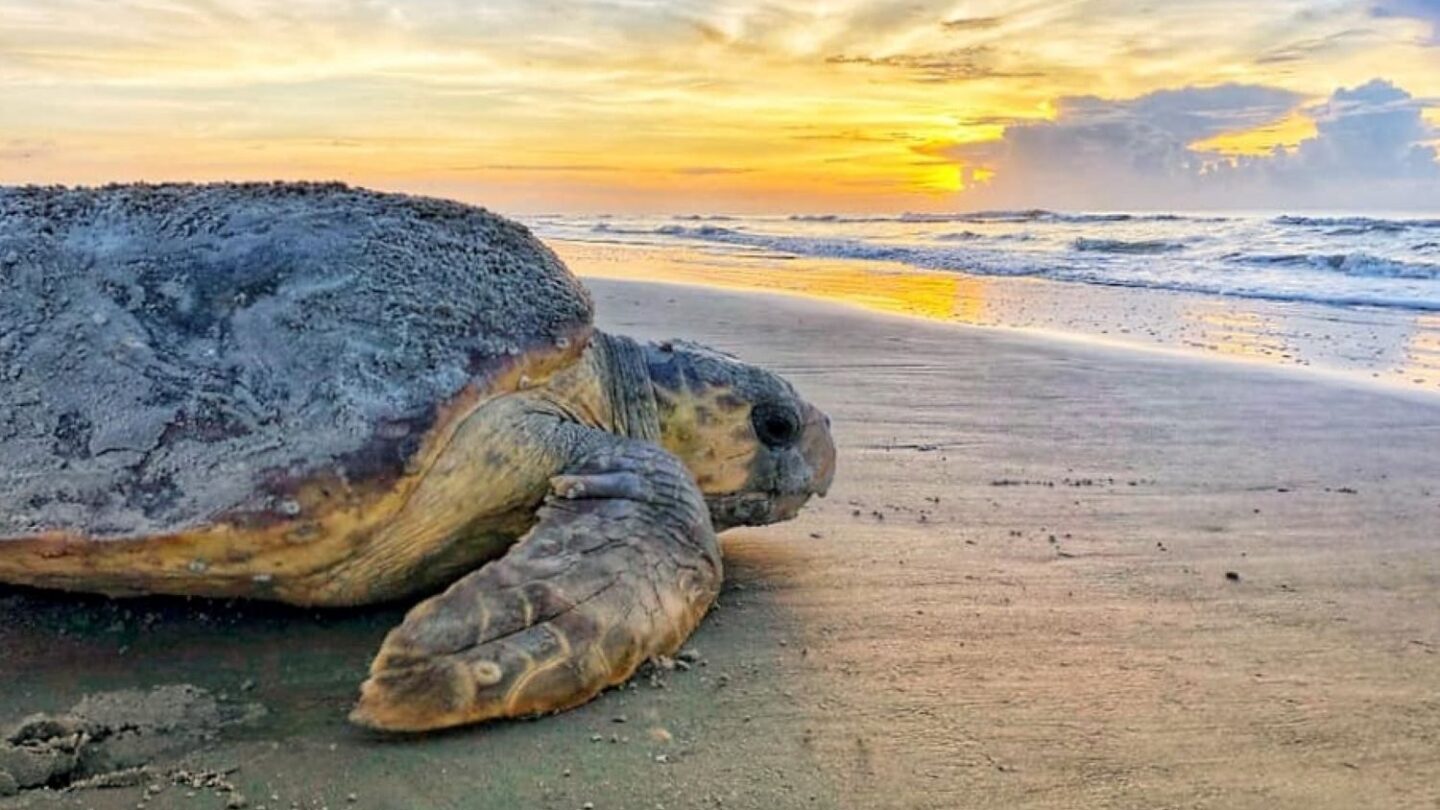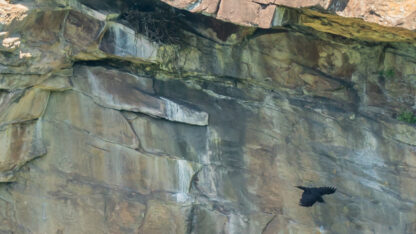This coverage is made possible through a partnership between WABE and Grist, a nonprofit environmental media organization.
Georgia’s first sea turtle nests of 2024 were found this weekend, with two on Blackbeard Island and one each on the Jekyll and Wassaw Islands.
The threatened and endangered turtles will continue to crawl up onto Georgia beaches and lay their eggs for the next few months.
This season marks 60 years of sea turtle conservation in the state. In 1964, Georgia’s sea turtle conservation efforts started with one scientist on one island, according to Mark Dodd, the wildlife biologist with the Georgia Department of Natural Resources who coordinates the state sea turtle program.
The effort gradually expanded into the network still used today, tracking nests on all of Georgia’s barrier islands.
Back then, it was still legal and common to harvest and eat turtle eggs. At the time, the reptiles were washing up dead in large numbers and their populations were in decline.
Now, they’re protected under state and federal law. They nest by the thousands on Georgia beaches each year, including a record of more than 4,000 nests two years ago.
Dodd said the turtles’ recovery is thanks to those decades of conservation work.
“Those folks were wise and they worked really hard and they collected a lot of data, and it led to a change,” he said. “They were able to turn it around.”
Those scientists’ data and advocacy helped drive a host of changes that have allowed more turtles to survive long enough to return to Georgia beaches to lay the next generation of eggs. These changes include legal protections for the turtles and their nests, special devices that save them from dying in shrimp nets and special streetlights that keep artificial light off the beach.
To keep nesting sea turtles safe, Dodd said Georgia beachgoers should avoid using artificial lights at night and stay far back from turtles crawling up the beach. It’s also illegal to disturb their nests or to interfere with the babies that emerge once the nests start to hatch later in the summer.









